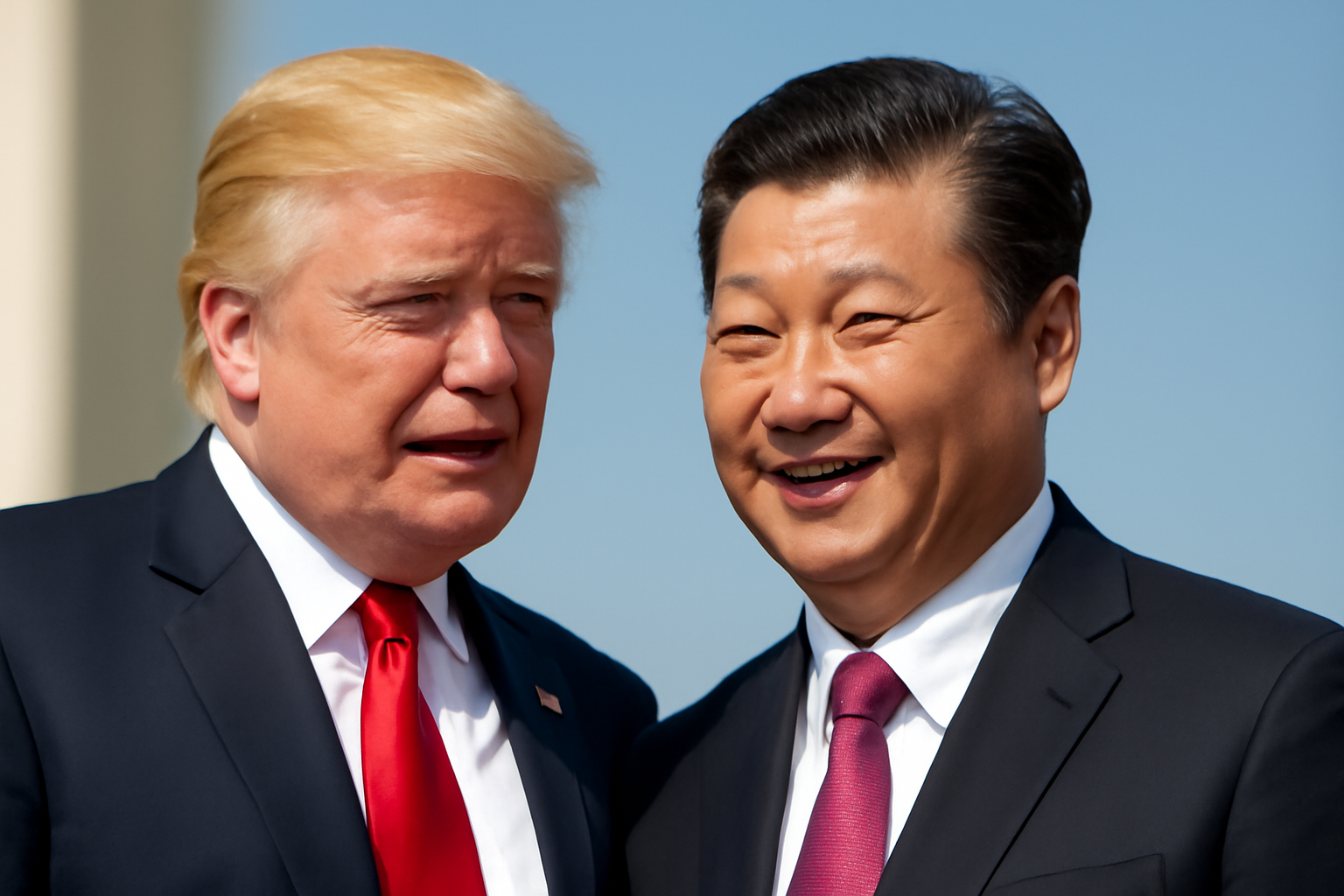
As Donald Trump prepares for his inauguration on January 20th, the guest list has sparked considerable discussion due to the inclusion of several controversial right-wing leaders. Traditionally, the presidential inauguration is a domestic-focused event, with foreign dignitaries rarely in attendance. This year, however, Trump's approach appears to signal a shift from past practices.
Among the invited leaders is China's President Xi Jinping. Although he is unlikely to attend in person, it is anticipated that China will send a high-ranking official, such as Vice-President Han Zheng or Foreign Minister Wang Yi, to represent the country.
The presence of Hungary's Prime Minister Viktor Orbán at the inauguration is particularly notable. Orbán's policies have been widely criticized by human rights organizations for their impact on LGBTQ+ rights. Under his administration, Hungary has amended its constitution to redefine the concept of family, effectively banning adoption by same-sex couples. Further, Orbán's government has introduced legislation that allows citizens to report same-sex parents to authorities and has enacted an "anti-LGBTQ+ propaganda law" that prohibits the promotion of LGBTQ+ issues to minors. These measures have severely curtailed the rights of LGBTQ+ individuals in Hungary.
Italy's Giorgia Meloni is also expected to attend. Meloni has publicly opposed surrogacy and adoption by queer couples, citing traditional family structures. She has aligned herself with Orbán in her opposition to what she terms the "LGBT lobby" and "gender ideology," despite claiming not to be homophobic.
The inauguration guest list also includes Argentina's President Javier Milei, a figure with a reputation for controversy. Known for his denial of climate change and unusual personal anecdotes, such as consulting a psychic for advice from his deceased dog, Milei has also criticized "gender ideology," claiming it undermines societal values.
El Salvador's President Nayib Bukele, another invitee, has been criticized for his opposition to marriage equality and his refusal to support gender recognition for transgender individuals. Under his leadership, government initiatives focused on sexual diversity have reportedly been dismantled.
Former Brazilian President Jair Bolsonaro, who has described himself as a "proud homophobe," and French politician Eric Zemmour, previously fined for his remarks about lesbian mothers, are also expected to be present. These figures highlight the controversial nature of the guest list.
Beyond political leaders, several prominent tech figures, including OpenAI CEO Sam Altman, Meta's Mark Zuckerberg, and Uber's Dara Khosrowshahi, have also been invited to attend the inauguration, reflecting the intersection of politics and technology.
The inauguration marks Trump's second term as President of the United States, although non-consecutive. After taking the oath at the US Capitol, Trump will assume office alongside Vice-President JD Vance. This unusual non-consecutive second term is permissible under the 22nd Amendment of the US Constitution, which limits individuals to two presidential terms.
As the world watches this significant event, the diverse and contentious guest list suggests a broader geopolitical strategy and a departure from traditional inauguration protocols. The inclusion of leaders with controversial records on LGBTQ+ rights has raised questions about the message being conveyed and the direction of US foreign policy under Trump's leadership.
We invite you to share your thoughts on this development. Please comment below and engage in respectful dialogue as we explore the implications of these international alliances on global politics and human rights.
Related Posts
Triumphant Trans Woman Wins Legal Battle and Inspires Others to Stand Up for Their Rights
Breaking new ground: a landmark victory in transgender rights After battling in courtrooms and enduring endless challenges, Diana Portillo, a transgender woman, has secured a monumental victory in her decade-long fight against workplace discrimination. The result? Nearly $1 million awarded in a historic settlement. But this isn't just a win on paper—it represents a powerful precedent in combati [...]
Pride Month in Latin America: Protests and Demands for Equality
**Celebrating Pride and advocating LGBTQ+ rights in Latin America** Pride Month in Latin America was a lively mix where celebration met activism. Communities united, not just throwing a party but making a stand—demanding equality and pushing governments toward better protection and rights recognition. Throughout Latin America, pride events erupted in marches and cultural displays, each with a c [...]
Transgender Erasure Actions Implemented by National Park Service
```html Trump administration's impact on national park service and transgender recognition The Trump administration made notable moves in undermining transgender representation, which included directing agencies like National Park Service not include "T" and "Q" when they refered “LGBTQ” in any official communication. This move seems part a broader plan by this administration aimed at reducin [...]